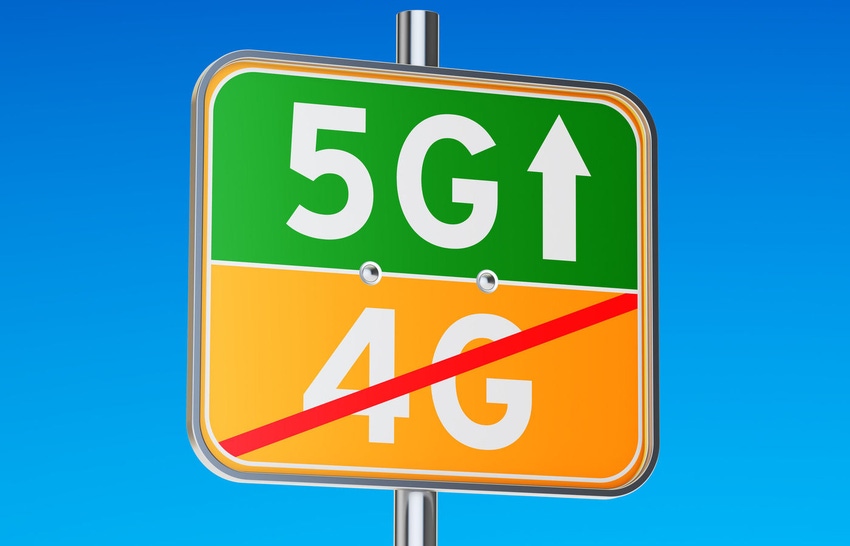Verizon was in danger of missing out on the latest flood of US 5G announcements so it called in its mates at Cisco and Samsung to create some hot next-gen action.
May 10, 2017

Verizon was in danger of missing out on the latest flood of US 5G announcements so it called in its mates at Cisco and Samsung to create some hot next-gen action.
Specifically this took the form of deploying what they claim is ‘the first multi-vendor end-to-end 5G trial network in the field,’ which took place in Ann Arbor, Michigan. The deployment is the first product of a 5G vow made by Verizon back in February, which didn’t mention Cisco at the time.
Cisco’s contribution included a 5G virtualized packet core, while Samsung threw its 5G Radio base stations and 5G home routers into the mix. The trial was based on Verizon’s 5G Technical Forum specification and focused on network vendor interoperability tests (NVIOT), including demonstrating seamless interworking between core network, radio edge and user devices. This is pretty important stuff at interoperability is one of the main concerns around network virtualization and the trail claimed to showcase the flexibility and potential of 5G NFV.
“We are excited about the rapid progression of 5G technology with our 5G Technology Forum partners,” said Adam Koeppe, VP of Network Planning at Verizon. “Interoperability, a key milestone towards 5G commercialization, allows for highly flexible network design to meet emerging 5G use cases.”
“Our collaboration with Samsung and Verizon for the first of many 5G trials, marks an important industry milestone for interoperability and diversified service offerings,” said Yvette Kanouff, GM of the Service Provider Business at Cisco. “We are also making history on the path towards true Network Function Virtualization, demonstrating it for the first time in a 5G environment.”
“We’re very excited about the possibilities this opens up in terms of network architectures, particularly in view of 5G’s aim to connect new industries and empower unique service scenarios,” said Woojune Kim, Head of Next Generation Strategy at Samsung Electronics. “A shift towards Network Function Virtualization creates new opportunities in the industry value chain, enabling collaboration with pioneering industry leaders to bring greater value to consumers and businesses.”
All four major US operators have now raised the intensity of their 5G activities and aspirations in the past week or so and currently that is the place, rather than Europe of the Far East, that seems to be most active in this space. Any significant breakthrough in interoperability, regardless of its origin, will be welcomed by telecoms players worldwide.
About the Author(s)
You May Also Like







.png?width=300&auto=webp&quality=80&disable=upscale)

.png?width=300&auto=webp&quality=80&disable=upscale)
_1.jpg?width=300&auto=webp&quality=80&disable=upscale)



.png?width=800&auto=webp&quality=80&disable=upscale)